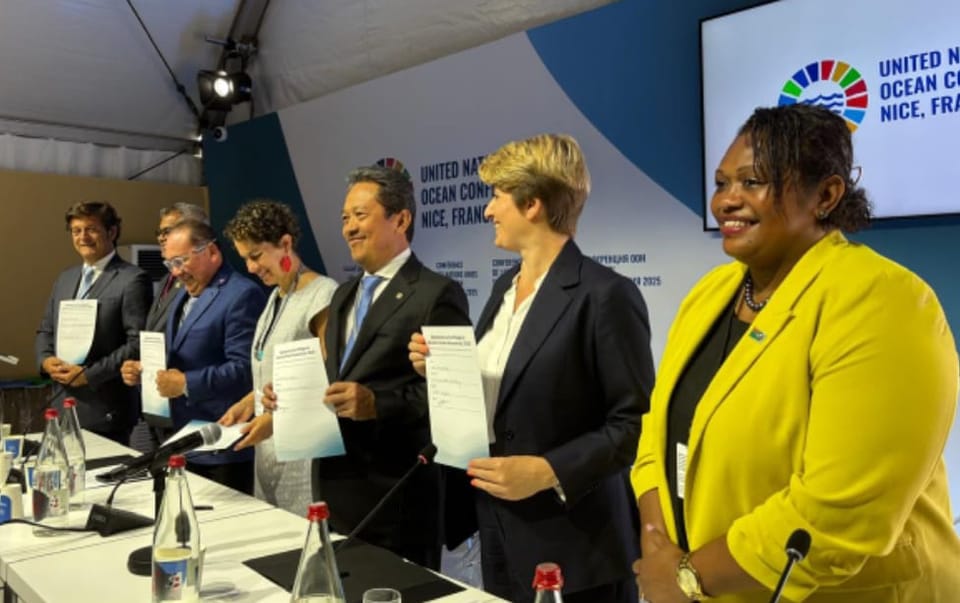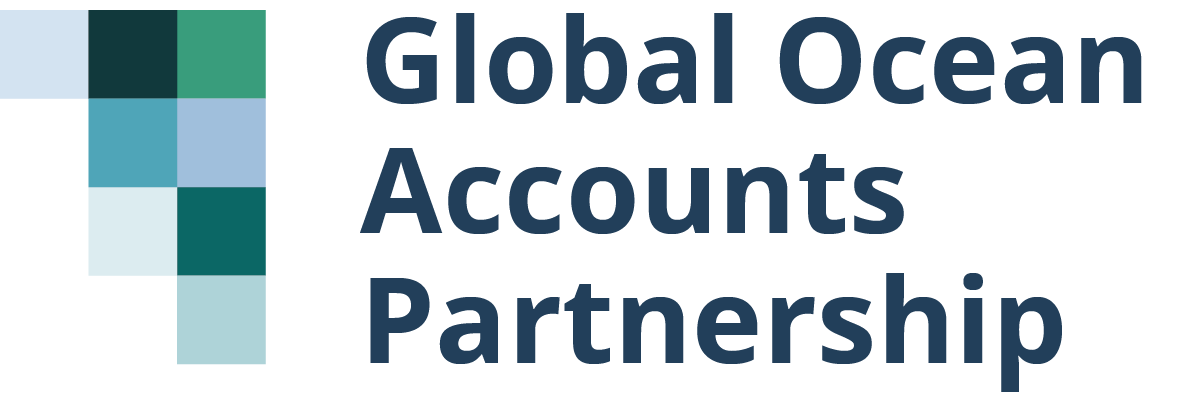Ocean Accounts for Sustainable Development: Lessons from a Small Island State

Fiji Minister for Fisheries and Forests, Hon. Alitia Bainivalu
Notes for speech delivered at, UN Ocean Conference, Delivering on the 2030 Sustainable Ocean Economy: Pledge to Develop Ocean Accounts by 2030
I speak to you today not just as a Minister, not just as a policymaker, but as a daughter of the sea. For us in Fiji, the ocean is not a backdrop to our lives it is our home, our history, our identity.
In Fiji, 76% of our communities live within 5km of the coast. Every village has a fishing ground with stories that stretch back generations. Where the sound of the waves is more than a rhythm, it is a reminder of who we are.
But today, that rhythm is changing.
Our coral reefs are bleaching. Our fish stocks are depleting. Our coastlines are eroding. And the livelihoods that once passed from grandmother to granddaughter are growing uncertain.
And so today, I ask:
How can we protect what we cannot see, or value what we cannot measure?
That is why Fiji proudly signed the Pledge to Advance Ocean Accounting by 2030. Because we believe that before we can save our ocean, we must understand its worth, not just in dollars, but in dignity, culture, and life.
Mangrove forest in Fiji was found to contribute up to USD 30 million annually and support 3,500 jobs. That’s not theory, that’s someone’s meal, someone’s school fee, someone’s future.
We’ve since found that our marine ecosystems are worth over FJD 1.4 billion each year. But even that number falls short, because it doesn’t count the value of a clean beach where children play. Or the pride of a fisherman who brings home a good catch. Or the strength of a reef that shields an entire village during a cyclone.
Ocean accounting is not a spreadsheet. It is a statement of respect. It tells us and the world that our oceans matter, and they deserve to be protected with knowledge, investment, and love.
But understanding alone is not enough. We must plan.
Ocean Accounts can give us the power to choose wisely where to fish, where to protect, where to invest, where to let nature breathe. It is how we build an economy that is blue, but also true to our people, to our traditions, and to our future.
This work takes more than policy. It takes courage. It takes financing. And above all, it takes partnerships between governments, donors, communities, and citizens.
Across the world, blue finance flows fast but too often, the data comes after. We build monitoring systems only once the deals are signed tailored, fragmented, costly. But imagine the strength of entering those agreements with a transparent, comparable ocean accounting system already in place. One that doesn’t just tell us where we are but makes it cheaper and safer to reach where we want to go.
These systems may not make headlines. They’re not flashy. But they are the backbone of responsible finance. They lower risk. They reduce cost. And they bring trust to the table.
For countries like Fiji, large ocean states with big dreams, we must invest in the data first. Quietly. Consistently. And with conviction.
Because an existing, transparent data system doesn’t just inform decisions it makes the blue economy possible.
So I ask each of you here not just to pledge your support, but to believe in a new story. A story where island nations are not on the frontline of crisis, but at the forefront of solutions.
A story where data guides wisdom, where planning protects heritage, and where our children inherit not problems but promise.
Let us count what truly counts. Let us plan not just for profit, but for people. And let us protect not just for now but forever.
Vinaka vakalevu. Thank you.
